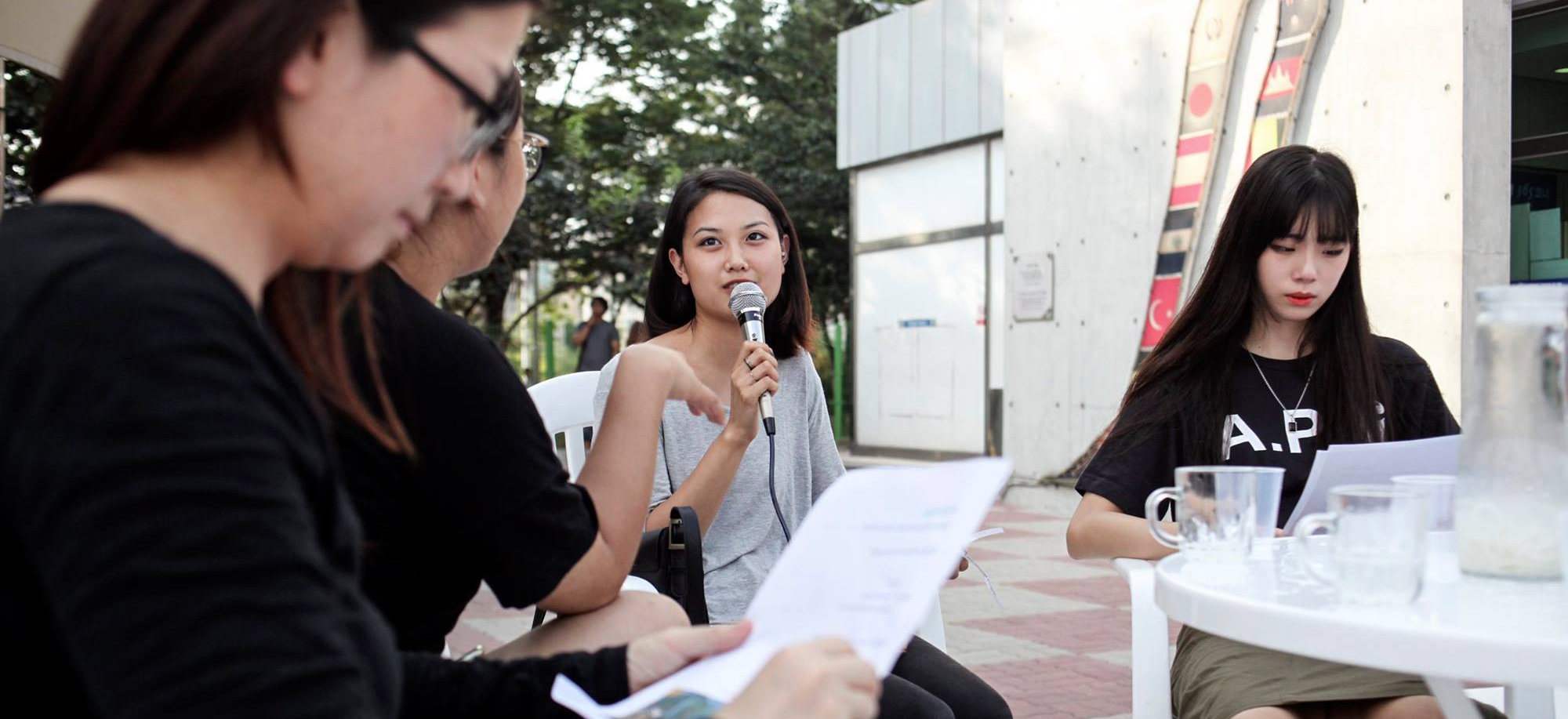Wellesley College offers non-academic credit for internships and research opportunities that expand students’ learning beyond the classroom and contribute to students’ professional development. Wellesley Career Education adheres to a definition of “internship” set forth by the National Association of Colleges and Employers (NACE):
An internship is a form of experiential learning that integrates knowledge and theory learned in the classroom with practical application and skills development in a professional setting. Internships give students the opportunity to gain valuable applied experience and make connections in professional fields they are considering for career paths; and give employers the opportunity to guide and evaluate talent.
The Internship Credit application is typically open from early April to the end of June.
If you are a non-immigrant, international student in F-1 or J-1 status pursuing an internship in the United States, you may need to apply for employment authorization through the Slater International Center. Please speak to Slater to Slater about the CPT process before you apply for credit or CPT. The international student advisors We would like to have conversations now with students about CPT with changes in regulations and potential ones this summer.
This year, international students are who need U.S. work authorization are advised to apply for internship credit as early as possible as credit approval is needed to apply for work authorization. Once students receive their work authorization, they may apply for a Social Security number. Please go to Slater’s Curricular Practical Training resource for information on how to apply for off-campus employment authorization or contact Slater International Center at (slatercenter@wellesley.edu).



